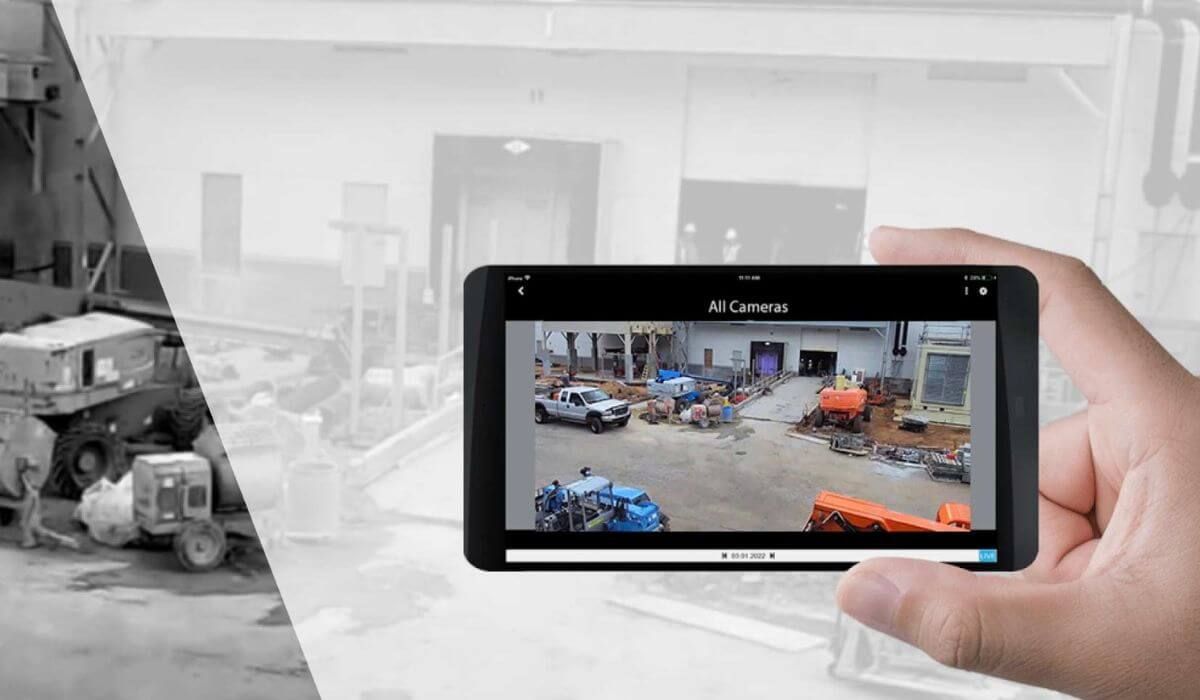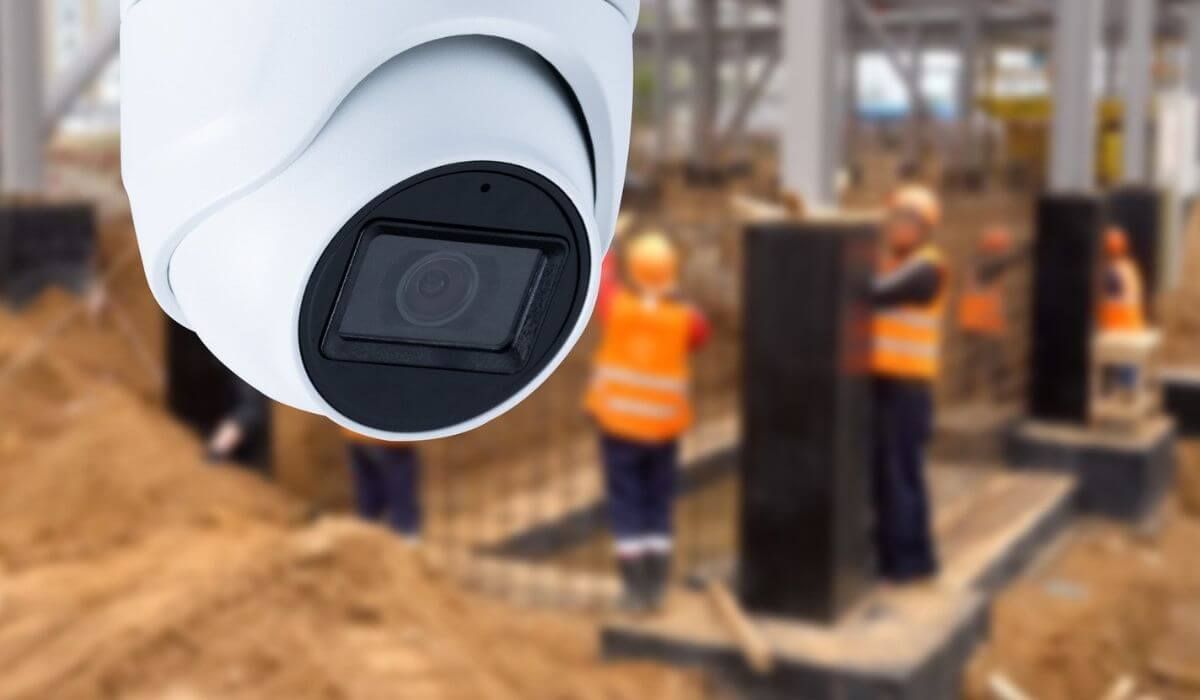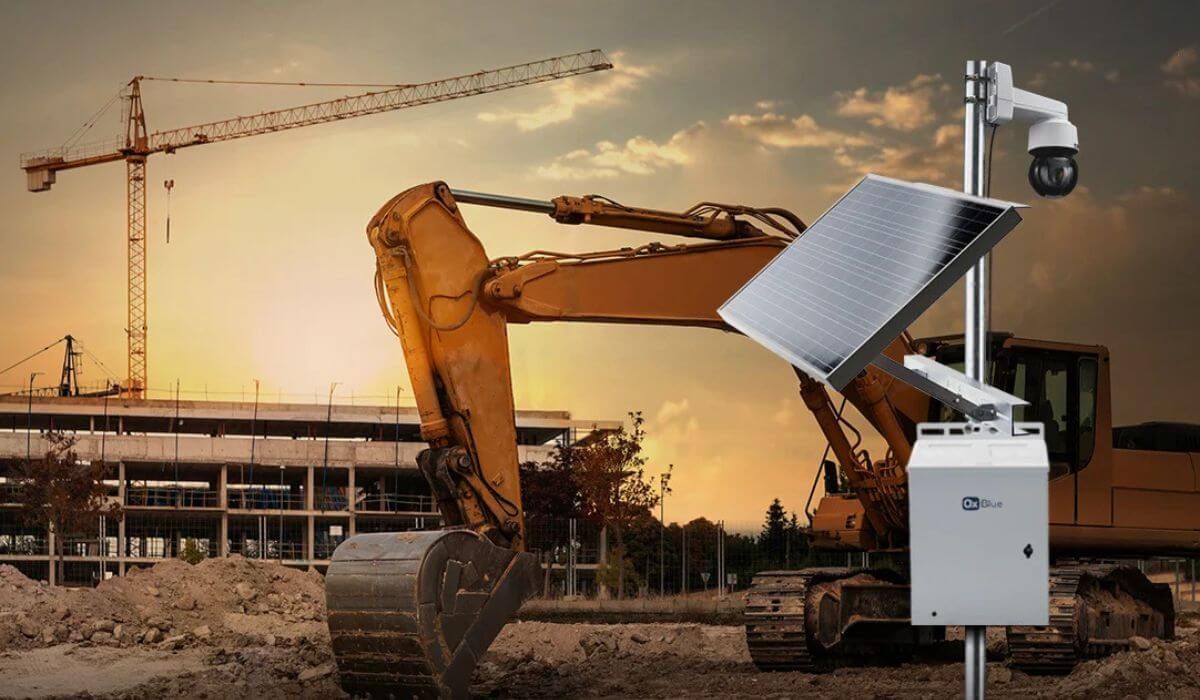Home Cyber Security: Essential Guide to Protecting Your Sydney Home
The digital landscape is ever-evolving, and with it, the threats to our online security. In Sydney, where internet usage is high and
smart home devices are becoming increasingly commonplace, safeguarding your home network is more crucial than ever. This comprehensive guide provides actionable tips and Sydney-specific considerations to help you build a robust
home cyber security system.
Understanding Home Cyber Security Needs in Sydney
Identifying Common Cyber Threats
Sydney homes are susceptible to a variety of cyber threats, including:
- Phishing Attacks: Deceptive emails or messages designed to steal personal information like passwords or credit card details.
- Malware: Malicious software that can infiltrate your devices, steal data, or disrupt operations.
- Ransomware: A particularly dangerous form of malware that encrypts your files, demanding a ransom for their release.
Why Sydney Residents Need Enhanced Cyber Protection
Sydneysiders are prime targets for cybercriminals due to:
- High Internet Usage: Sydney boasts some of the highest internet usage rates in Australia, making residents more exposed to online threats.
- Smart Home Devices: The growing popularity of smart home devices introduces new vulnerabilities if not properly secured.
Setting Up Your Home Cyber Security System
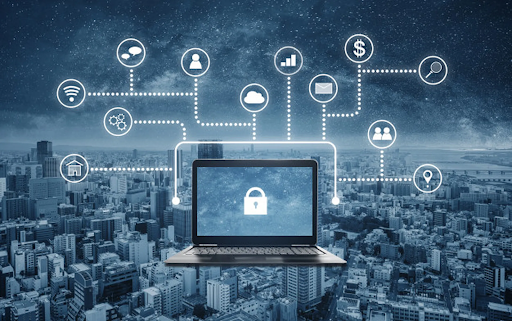
Choosing the Right Cyber Security Software
The first line of defense is investing in reputable cyber security software:
- Antivirus: Protects your devices from malware by detecting and removing malicious software.
- Firewalls: Act as a barrier between your home network and the internet, filtering incoming and outgoing traffic for suspicious activity.
- Anti-spyware: Detects and removes spyware programs that can steal your personal information.
Configuring Network Security Settings
Optimizing your network settings is crucial:
- Secure Wi-Fi Setup: Choose a strong password for your Wi-Fi network and enable WPA2 encryption to scramble data transmissions.
- VPNs: Consider using a Virtual Private Network (VPN) for added security, especially when using public Wi-Fi.
- Network Encryption: Enable network encryption protocols like WPA2 to protect data flowing across your network.
Best Practices for Maintaining Cyber Security at Home
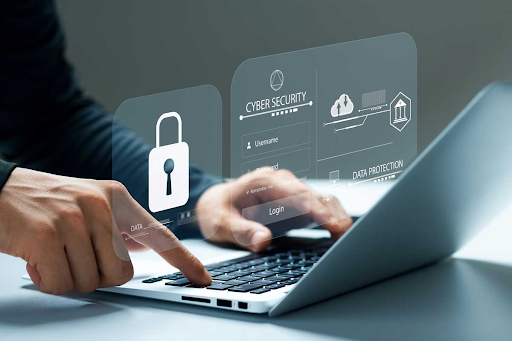
Regular Updates and Patch Management
Staying updated is essential:
- Software Updates: Regularly update your operating systems, applications, and firmware on all connected devices to patch vulnerabilities.
- Security Patches: Install security patches promptly as they become available from software vendors.
Creating Strong Passwords and Using Multi-factor Authentication
Strong passwords and multi-factor authentication are vital:
- Password Managers: Utilize a password manager to generate and store strong, unique passwords for each online account.
- Two-factor Authentication (2FA): Enable 2FA whenever available, adding an extra layer of security beyond just a password.
Educating Family Members on Cyber Safety
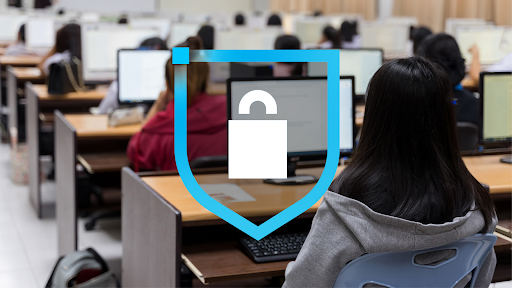
Implementing Safe Browsing Practices
Educate your family about safe browsing habits:
- Safe Browsing Techniques: Teach family members to be cautious of suspicious links and attachments in emails and messages.
- Educational Resources: Utilize online resources and educational materials to raise awareness about cyber threats and best practices.
Recognizing and Reporting Cyber Incidents
Know how to identify and respond to cyberattacks:
- Phishing Emails: Be wary of emails requesting personal information or urging immediate action.
- Suspicious Activity Reporting: If you suspect a cyber attack, disconnect affected devices, change passwords, and consider reporting the incident to relevant authorities.
Conclusion
Home cyber
security
is no longer an afterthought for Sydney residents. By proactively adopting the practices outlined above, you can safeguard your digital life and protect your personal information. Scavi Security, a trusted provider of cyber security solutions in Sydney, offers a range of services and resources to help you achieve a secure home network. Feel free to contact us for further assistance in creating a customized cyber security plan for your
Sydney home.
FAQs About Home Cyber Security
Q1: What is the first step in securing my home network in Sydney?
Securing your Wi-Fi network is crucial. Choose a strong and unique password for your Wi-Fi network and enable WPA2 encryption to protect your data transmissions.
Q2: How often should I update my security software?
It's best practice to enable automatic updates for your operating system, applications, and security software to ensure you have the latest protection against evolving threats.
Q3: What should I do if I suspect a cyber attack on my home network?
If you suspect a cyber attack, disconnect affected devices from the internet immediately. Change your passwords for all potentially compromised accounts and consider reporting the incident to relevant authorities. Scavi Security can also assist in assessing the damage and taking necessary steps to mitigate the attack.

